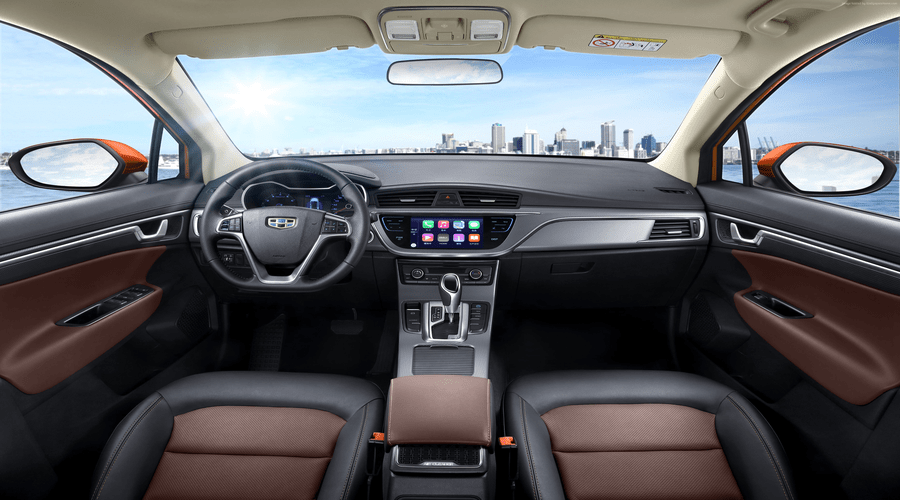Geely, officially known as Geely Automobile Holdings Limited, is a Chinese automotive manufacturer headquartered in Hangzhou, Zhejiang province. Since its establishment in 1986, Geely has grown to become one of the largest privately-owned automotive companies in China. While the company has made significant strides in the automotive industry, it is not without its issues. This guide explores the various challenges and concerns associated with Geely, including quality control, market competition, and environmental sustainability.
1. Overview of Geely
Geely began as a refrigerator manufacturer before venturing into the automotive sector. Over the years, it has expanded its portfolio through acquisitions, including the purchase of Volvo Cars in 2010 and a stake in Daimler AG. Geely’s mission is to provide high-quality, affordable vehicles while innovating in the areas of technology and sustainability.
2. Quality Control Issues
One of the primary concerns surrounding Geely has been quality control. As with many manufacturers, especially those in emerging markets, maintaining consistent quality across production has been challenging. Common issues have included:
- Material Quality: Some consumers have reported problems with the durability of materials used in Geely vehicles.
- Assembly Quality: There have been instances of poor assembly that led to malfunctions or cosmetic defects.
- Safety Concerns: Some models have received mixed reviews on safety features and crash test ratings.
To address these issues, Geely has invested in improving its manufacturing processes and quality control measures, aiming to enhance customer satisfaction and brand reputation.
3. Market Competition
Geely faces significant competition both domestically and internationally. The automotive sector is highly competitive, with numerous players vying for market share. Key challenges include:
- Domestic Competitors: Geely competes with other Chinese automakers like BYD, SAIC, and Changan, which are also rapidly evolving and innovating.
- International Brands: Established global brands such as Toyota, Volkswagen, and Ford pose a challenge due to their strong reputations and loyal customer bases.
- Electric Vehicle (EV) Market: With the rising popularity of electric vehicles, Geely must enhance its EV offerings to compete effectively, as companies like Tesla and NIO dominate this segment.
4. Environmental Sustainability
As the world becomes more environmentally conscious, automotive manufacturers are under pressure to adopt more sustainable practices. Geely has made strides in this area but still faces challenges:
- Emission Standards: Compliance with stringent emission regulations in various markets is essential for Geely to maintain its competitiveness.
- Resource Management: The automotive industry is notorious for its resource consumption, and Geely must work on minimizing its environmental footprint.
- Development of EVs: Geely is investing in research and development for electric and hybrid vehicles, but it needs to accelerate this transition to meet market demands.
5. Consumer Perception
Consumer perception plays a crucial role in the success of any automotive manufacturer. While Geely has made strides in improving its image, some challenges remain:
- Brand Recognition: Geely is still working to establish its brand as a premium alternative to traditional automakers.
- Customer Trust: Past quality issues have led to skepticism among potential buyers regarding the reliability of Geely vehicles.
- Marketing Strategies: Geely needs to enhance its marketing strategies to reach and resonate with a broader audience.
6. Innovations and Future Directions
Despite the issues faced, Geely is actively pursuing innovation and future growth opportunities:
- Investment in Technology: Geely is investing heavily in autonomous driving technology and smart vehicle integration.
- Global Expansion: The company is exploring new markets outside of China to diversify its consumer base;
- Partnerships: Collaborations with technology firms and other automakers are paving the way for advancements in electric and connected vehicle technologies.
7. Conclusion
Geely has established itself as a significant player in the global automotive market, but it faces various challenges that need to be addressed. Quality control, competition, environmental sustainability, and consumer perception are critical areas for the company to focus on as it aims for continued growth and success. By leveraging innovation and strategic investments, Geely can navigate these issues and enhance its position in the automotive industry.
For those interested in Geely, staying updated on their developments and understanding the challenges they face is essential for making informed decisions, whether as consumers, investors, or industry analysts.

